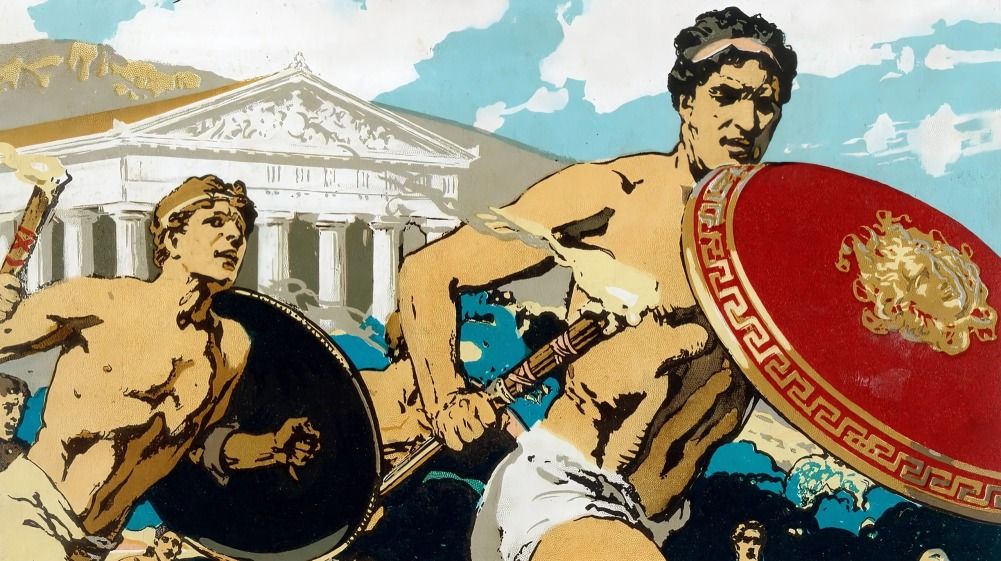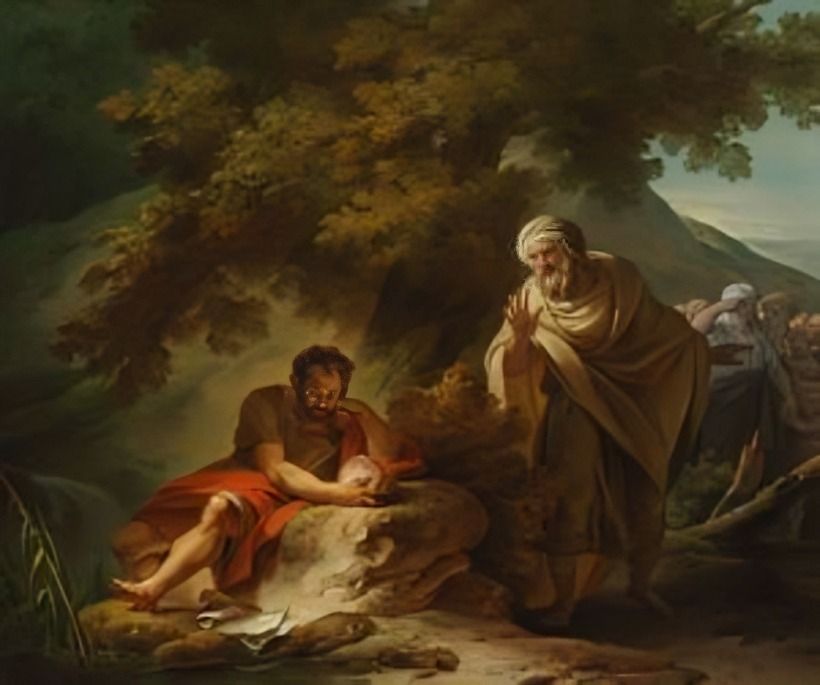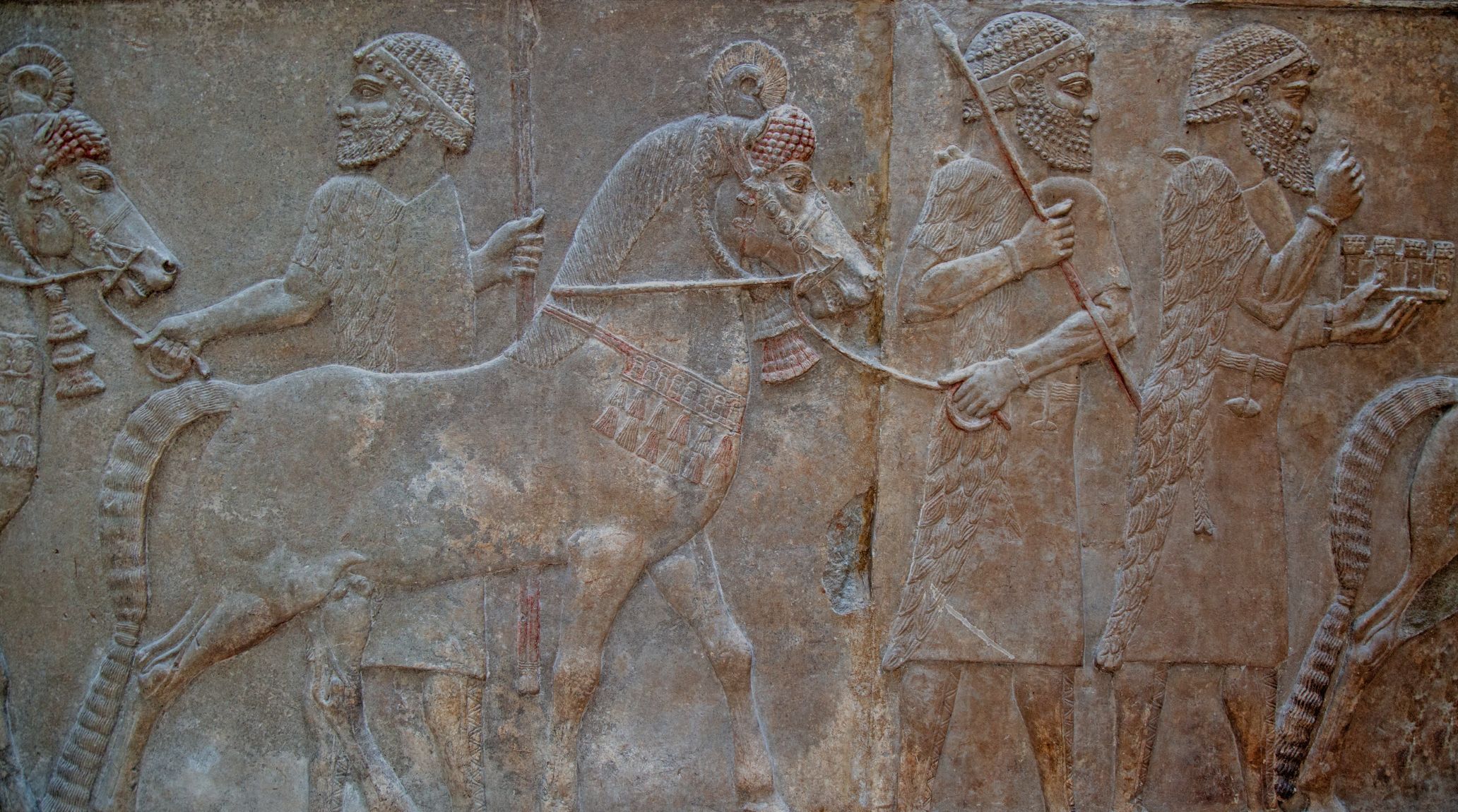
“
Greek Inventions and Discoveries have profoundly shaped our world, from mathematics to medicine. Ancient Greece was a hotbed of innovation, where thinkers and inventors made breakthroughs that still impact us today. In this blog, we explore 20 interesting Facts About Greek Inventions and Discoveries, highlighting how these ancient achievements laid the foundation for modern science and technology. 1
1
1
”
The Greeks invented the water clock, called the "clepsydra," which measured time by the steady flow of water. It was used to time speeches and legal arguments, making it one of the first time-keeping devices.1
Ancient Greeks developed advanced astronomical models, with Ptolemy’s geocentric theory being the most influential. His idea of Earth at the center of the universe shaped astronomy for over a thousand years until Copernicus’ heliocentric theory.2
Archimedes’ famous "Eureka" moment happened when he discovered the principle of buoyancy while in the bath. His insight, that objects displace water equal to their weight, is still fundamental in modern physics and engineering.3
Democracy, one of Greece’s greatest legacies, was born in Athens. Unlike today, citizens voted directly on laws, giving everyone a say in the government. This revolutionary idea inspired many modern democratic nations.4
Hippocrates, the "Father of Medicine," changed how people viewed illness. He believed diseases had natural causes, not supernatural ones. His teachings and ethical guidelines still influence doctors worldwide through the Hippocratic Oath.5
The Greeks created the first alarm clock, using water, air, and pebbles to create sounds. This early timekeeper was used to wake people up for work, showing their ingenuity in solving everyday problems.6

The Olympic Games, started in Greece, were originally religious festivals. These competitive events, held in Olympia, brought together athletes from various city-states and became the inspiration for today’s global Olympic movement.
Euclid, a Greek mathematician, wrote "Elements," the most influential geometry book of all time. His work laid the foundation for mathematical education and was used as a textbook for over 2,000 years.7
The Antikythera mechanism, an ancient Greek device, is considered the first known analog computer. It could predict astronomical events like eclipses, showcasing the advanced scientific knowledge of the Greeks over 2,000 years ago.8
The Greeks invented theater as we know it today. Playwrights like Sophocles and Aeschylus created tragedies and comedies with complex plots and characters, laying the groundwork for modern drama and storytelling.9
Pythagoras, a Greek philosopher, discovered the relationship between musical notes and the length of vibrating strings. This breakthrough was the foundation of musical theory and is still used in the science of acoustics.10
The Greeks revolutionized warfare with the phalanx formation, where soldiers stood side by side in rows, making them nearly invincible. This military strategy allowed Greek armies to defeat much larger forces with disciplined tactics.11
Aristotle, a Greek philosopher, introduced the early idea of the scientific method by emphasizing observation and classification. His approach paved the way for modern science by encouraging systematic study and understanding of the natural world.12
Archimedes also discovered the principle of the lever. He famously said, "Give me a place to stand, and I will move the earth," highlighting the power of levers in lifting heavy objects with minimal effort.13
The Greeks invented the crane, used in construction to lift heavy stones when building temples and monuments. Powered by humans or animals, these cranes transformed how massive structures were built in ancient times.14
Aristotle made one of the first scientific classifications of animals based on their physical traits. This early system of organizing life forms laid the foundation for biology and the way we understand animal kingdoms today.15

Long before modern science, the Greek philosopher Democritus proposed that everything was made of tiny particles he called atoms. Though his idea was purely theoretical, it foreshadowed atomic theory developed thousands of years later.
Greek engineers invented the catapult, a powerful weapon used in sieges to hurl stones and projectiles at enemy fortifications. This invention gave their armies a technological edge in ancient warfare.16
The Greeks were among the first to use wind power for practical tasks, like grinding grain. This early windmill technology demonstrated their ability to harness natural forces to improve daily life and labor.17
Greek philosopher Anaximander was one of the first to suggest that life originated in water and evolved over time. His early ideas about evolution and the origins of life predate modern evolutionary theory by thousands of years.18


